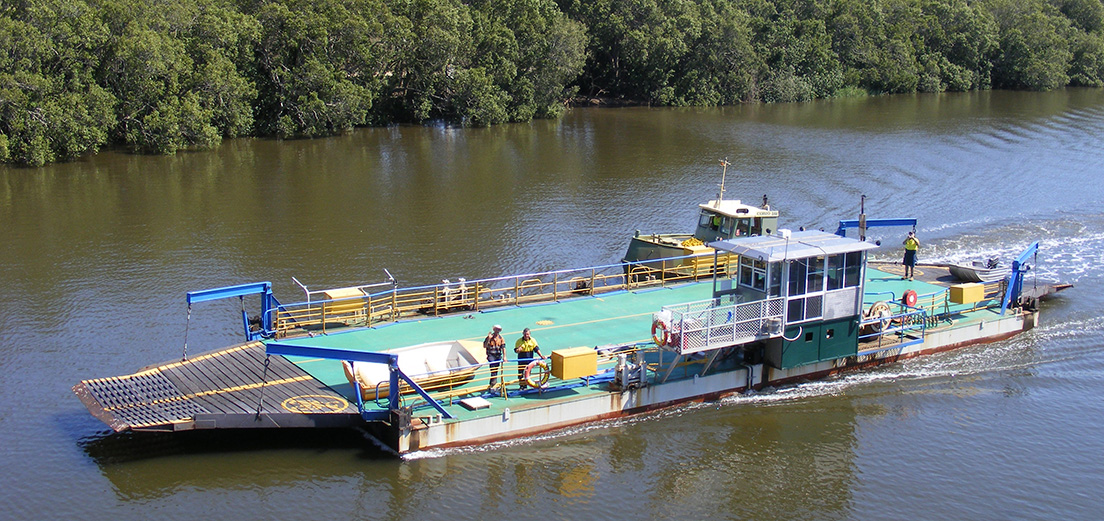
University of Melbourne researchers have released a new cookbook to help demystify native ingredients and empower Australia’s home cooks to incorporate Indigenous food into their everyday meals.
From saltbush chips and a lemon myrtle drizzle cake to a warrigal greens curry, the , which is free to download, contains easy-to-follow recipes and explains how to grow Indigenous ingredients in Australian homes.
Cookbook co-author and University of Melbourne sustainable agricultural scientist, Associate Professor Dorin Gupta said she hoped the recipes would demonstrate the ease and versality of cooking with native ingredients.
“Unfortunately, native foods are often showcased as premium ingredients in complicated dishes, often with the price tag to match,” Associate Professor Gupta said.
“This perception needs to shift. While native ingredients might currently be considered high-end and trendy, they should be integrated into everyday meals alongside staples like strawberries, spinach, and wheat. We have an abundance of delicious and nutritious Australian native foods that can, and should, be enjoyed daily in our kitchens.”
University of Melbourne researchers, project partners including Indigenous partners, and the William Angliss Institute, contributed recipes to the cookbook, which include twists on classic dishes such pigface stir-fry, mountain pepper chicken drumlets, a wattleseed pavlova, as well as native river mint tea and native dukkah.
“Warrigal greens are a type of native spinach while murnongs, or yamdaisies, have edible tubers like potato or parsnip that are delicious simply sauteed in butter, salt and mountain pepper. They are easy to grow and provide healthy ingredients for main meals or tasty side dishes,” Associate Professor Gupta said.
The Native Harvest Kitchen is part of a research project focused on diversifying Australia’s farming system to include native crops and plants. The project evaluated various Indigenous plants in demonstration farm plots at the University of Melbourne’s Dookie campus and Gap Flat Track Farms, an Indigenous-owned farm near Albury-Wodonga in Northeast Victoria.
The project supports long-term diverse and resilient broadacre farming systems through the inclusion and re-emergence of traditional food systems. This will further support the growth of native crop production that is both profitable and sustainable and will drive further interest and investment in enterprises that directly support Indigenous people.
Gap Flat Track owner and Indigenous project partner Gay T Baker, who’s farm is within the Waveroo nation, contributed recipes to the Native Harvest Kitchen cookbook. Her farm is evaluating and demonstrating how best to sustainably grow traditional foods with a vision to expand into commercial native crop farming.
“While standard crops such as wheat are critical in feeding Australians and the world, a huge variety of unique Australian native foods perfectly adapted to Australian conditions with higher food qualities are available to us,” Ms Baker said.
“These distinctive native food flavours beautifully enrich any dish you add them to. Higher demand for fresh native foods will support native crop production that is profitable and sustainable, support Indigenous businesses and provide a delicious meal at the same time.”
Professor Gupta highlighted the need for transformation in Australia’s food production system, which currently relies heavily on a few staple crops dependent on synthetic fertilizers and pesticides.
“Our food sustainability system is at risk due to the dietary needs of our growing population and the impacts of climate change. To maintain resilient agricultural systems, we need to diversify our crops, including using long-forgotten native crops,” Associate Professor Gupta said.
The Native Harvest Kitchens e-cookbook is now available for free download.
The agriculture project was funded by Australian Government’s Future Drought Fund and led by Associate Professor Dorin Gupta from the University of Melbourne with partners Riverine Plains, Birchip Chopping Group, Black Duck Foods, Gap Flat Track and the Goulburn Broken Catchment Management Authority.







